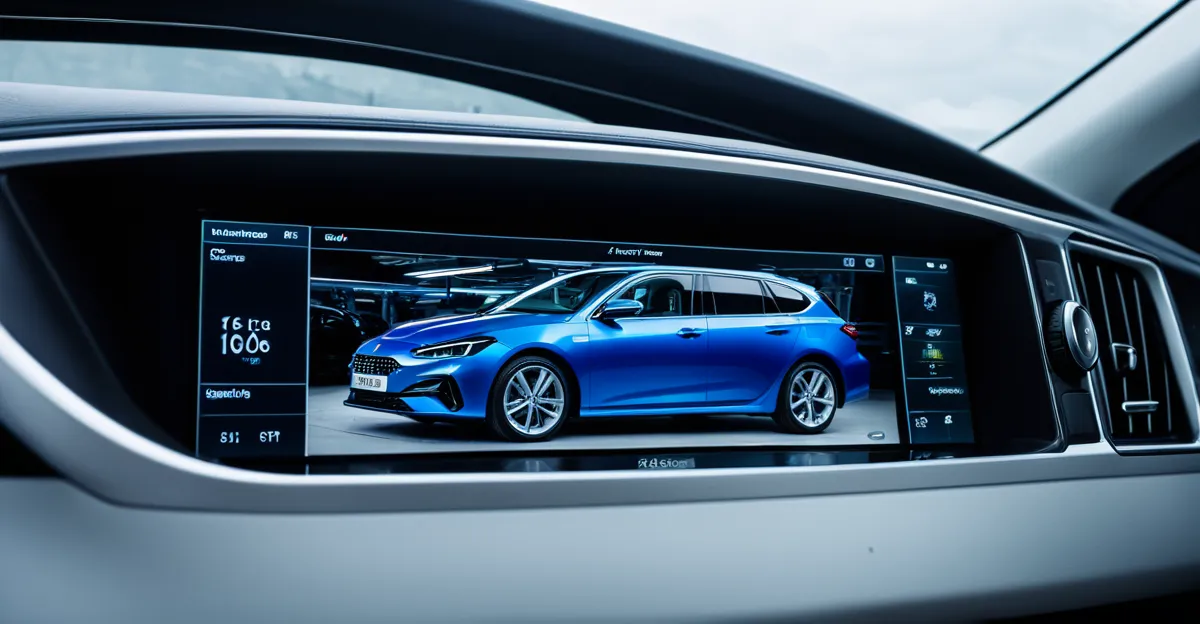Leveraging Digital Technologies in UK Automotive Manufacturing
Digital transformation in UK automotive manufacturing is reshaping production lines through AI, IoT, and robotics, driving significant gains in efficiency. AI algorithms optimize scheduling and predictive maintenance, reducing downtime. IoT devices collect real-time data from machines and vehicles, enabling faster decision-making and heightened responsiveness. Robotics play a vital role in automating repetitive, high-precision tasks, minimizing human error and improving throughput.
Automation in the UK car industry enhances production efficiency by streamlining assembly processes. Automated guided vehicles (AGVs) and robotic arms work in tandem to speed up handling and assembly, trimming cycle times. These automated systems reduce error rates by ensuring precise and consistent operations, which is critical for maintaining high-quality standards in manufacturing.
Also read : How Are Eco-Friendly Innovations Transforming the UK Automotive Industry?
Smart manufacturing systems integrate IoT sensors, cloud computing, and AI analytics to monitor production in real time. This integration enables manufacturers to identify bottlenecks and quality issues promptly, optimizing resource utilization. By leveraging these digital technologies in car manufacturing, UK automakers can respond swiftly to demand fluctuations, maintain production continuity, and sustain competitive advantages in a rapidly evolving market.
Real-World Applications by Leading UK Automakers
British car manufacturers like Jaguar Land Rover, Nissan, and BMW Mini exemplify UK automakers digital adoption by integrating cutting-edge technologies on their production floors. These firms deploy collaborative robots (cobots) to assist human workers in assembly and logistics, increasing throughput while maintaining safety and flexibility. Cobots handle repetitive or ergonomically challenging tasks, allowing skilled workers to focus on complex operations.
Have you seen this : What is the impact of global competition on UK car manufacturers?
Digital technology in car manufacturing is also advancing through the use of digital twins—virtual replicas of vehicles or production lines—used extensively at these plants to simulate and optimize processes before physical implementation. This innovation supports predictive analytics, enabling preemptive maintenance scheduling, reducing downtime, and enhancing overall reliability.
Predictive analytics, powered by AI algorithms processing IoT-collected data, provide real-time insights into equipment health and production status. This capability strengthens decision-making and supports continuous improvement initiatives. By adopting such smart factory components, UK automakers accelerate digital transformation in UK automotive manufacturing and maintain their competitiveness globally.








